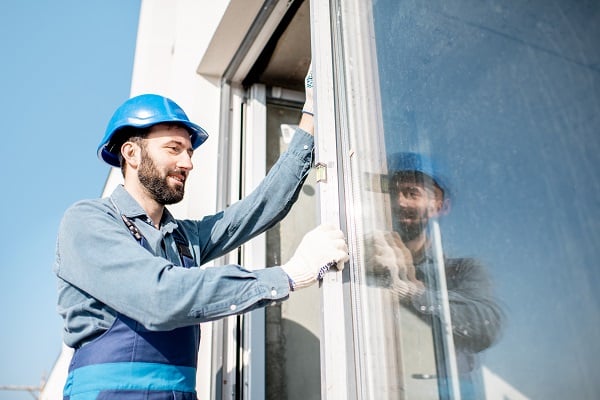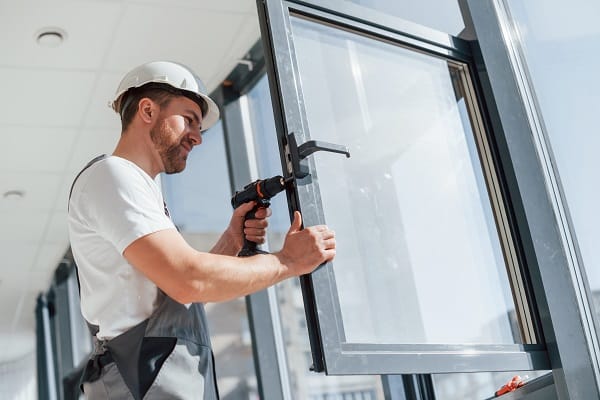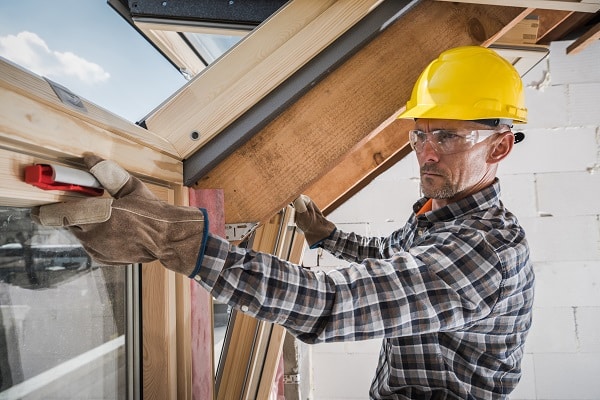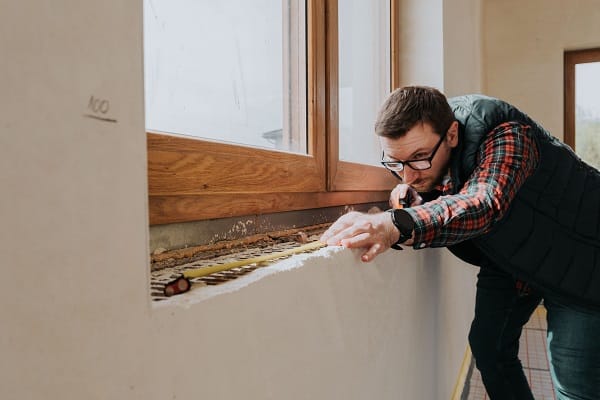The prospect of replacing the windows in your home can be a daunting one. Between the financial investment and the potential disruption to your daily life, it’s only natural to question whether it’s really worth it. This is where the idea that replaced windows can pay for themselves comes into play, a concept that’s becoming increasingly popular amongst homeowners. But is this belief grounded in reality? Let’s delve into this topic and shed some light on the matter.
Contents
- 1 Understanding the Cost of Replaced Windows
- 2 How Replaced Windows Can Save You Money
- 3 The Environmental Impact
- 4 The Aesthetics And Comfort Factor
- 5 Government Incentives For Window Replacement
- 6 Analyzing the Break-Even Point
- 7 The Role of Maintenance
- 8 The Impact On Home Insurance Rates
- 9 Making the Decision
- 10 So, Can Replaced Windows Pay For Themselves?
Understanding the Cost of Replaced Windows

The upfront costs of replacing windows can vary widely depending on the type of windows you choose, the size of your home, and the labor costs in your area. The process typically involves the removal of your old windows, installation of the new ones, and sometimes, repairs or modifications to the existing window frames. In addition, there may be some disruption to your daily routine, which, although not a direct cost, is worth considering.
While the initial costs may be significant, it’s essential to also account for long-term expenses. These can include maintenance, repairs, and, eventually, replacement. Depending on the quality of the windows and the installation process, these costs can add up over time, impacting the overall return on your investment.
How Replaced Windows Can Save You Money

One of the primary ways replaced windows can save you money is through improved energy efficiency. Well-insulated windows can significantly reduce the amount of heat that enters or leaves your home, leading to lower heating and cooling costs. According to The U.S. News And World Report, homeowners can save between $100 and $600 a year when replacing single-pane windows with energy-efficient ones.
Additionally, replaced windows can increase the resale value of your home. Prospective buyers often look for homes that require minimal renovations, and new windows can be a significant selling point. Depending on the market and the type of windows installed, you could recoup a substantial portion of your initial investment when you sell your home.
The Environmental Impact

Replaced windows don’t just have financial benefits – they can also contribute positively to the environment. Energy-efficient windows reduce the amount of energy needed to heat and cool your home, leading to a decrease in greenhouse gas emissions. This can help in the fight against climate change and promote a more sustainable future.
In addition, many new windows are made from recyclable materials, reducing the demand for new resources and minimizing waste. By choosing these types of windows, you’re not only making a wise financial decision but also an environmentally conscious one.
The Aesthetics And Comfort Factor

New windows can also dramatically improve the look and feel of your home. They can modernize an older property, enhance its architectural features, or simply add a fresh touch. Beyond aesthetics, replaced windows can also increase your comfort by reducing drafts and noise from outside, creating a more peaceful living environment.
Drafty windows can make rooms feel cooler in the winter and warmer in the summer, leading to discomfort and a constant battle with the thermostat. New, well-sealed windows can eliminate these issues, helping to maintain a consistent temperature throughout your home and improving overall comfort.
Government Incentives For Window Replacement

Many governments incentivize homeowners who upgrade their windows to more energy-efficient models. These can come in the form of tax credits, rebates, or grants and can significantly offset the initial cost of replacement. It’s worth researching local and national programs in your area to see if you’re eligible.
While the specifics of these incentives can vary, they often involve a percentage of the cost of the windows or the installation, up to a certain amount. Be sure to understand the requirements and deadlines for these programs, as you may need to provide specific documentation or apply within a certain timeframe.
Analyzing the Break-Even Point

One of the key factors to consider when determining if replaced windows will pay for themselves is the break-even point. This is the point at which the savings from your new windows equals the initial investment. Depending on the cost of the windows, your local energy prices, and how much you were spending on heating and cooling before the replacement, you could reach this point in a few years, or it could take a decade or more.
Several factors can influence the break-even point. For instance, if you live in an area with extreme temperatures and high energy costs, the savings on heating and cooling could be significant, leading to a shorter break-even period. Similarly, if you’re replacing single-pane windows with energy-efficient double-pane models, the energy savings could be substantial.
The Role of Maintenance

The longevity and performance of your replaced windows will greatly depend on how well they’re maintained. Regular cleaning, prompt repairs, and periodic inspections can extend the lifespan of your windows, increasing their return on investment. Neglecting these tasks could lead to premature wear and tear, reducing the efficiency of your windows and costing you more in the long run.
For instance, wooden window frames may require regular painting or staining to protect them from the elements, while vinyl or aluminum frames may need less frequent maintenance. By taking good care of your windows, you can ensure they perform at their best for as long as possible, improving the chances they’ll pay for themselves over time.
The Impact On Home Insurance Rates

The type of windows you have in your home can even influence your home insurance premiums. New windows with enhanced security features, such as multi-point locking systems or shatter-resistant glass, can deter burglars and reduce the risk of break-ins, potentially leading to lower insurance rates.
In addition, replaced windows are less likely to fail or cause issues such as water damage, another factor that insurance companies may consider when determining your premiums. While the impact on your insurance rates may not be massive, it’s another way that replaced windows can provide financial benefits.
Making the Decision

The decision to replace your windows is a big one, and it’s not always clear whether it will be financially sound. In some cases, such as when your current windows are in poor condition, or you live in a climate with extreme temperatures, replacing your windows could lead to significant savings. In others, the break-even point may be too far in the future to make it worthwhile.
Consider your individual circumstances, your budget, and your long-term plans for your home. The potential energy savings, increased comfort, improved aesthetics, and environmental benefits are all factors to weigh in your decision.
So, Can Replaced Windows Pay For Themselves?
The question remains, can replaced windows really pay for themselves? The answer largely depends on your individual circumstances. While there’s no guarantee that they will, in many cases, the energy savings, potential increase in home value, and other financial benefits can offset the initial cost over time. As with any home improvement project, it’s important to do your research, understand the costs involved, and make a decision that makes sense for you and your home.


